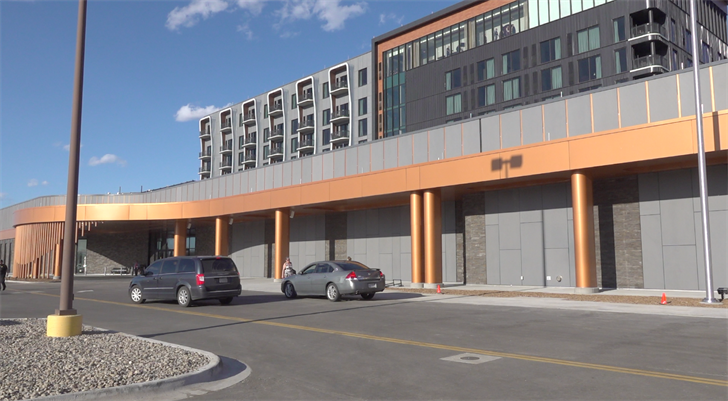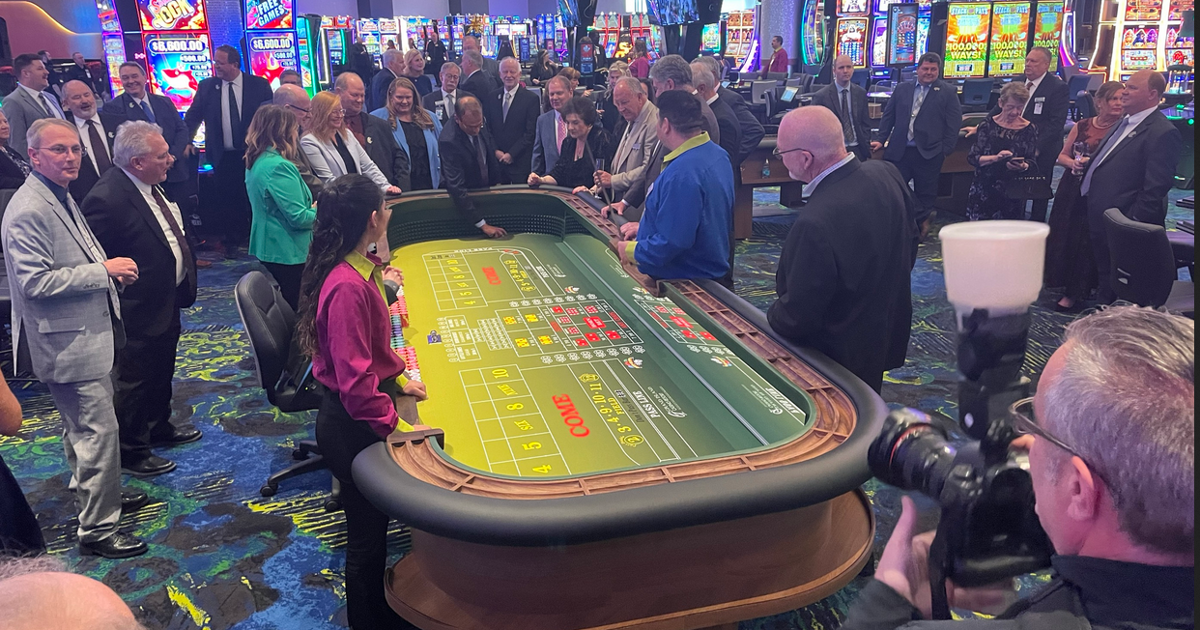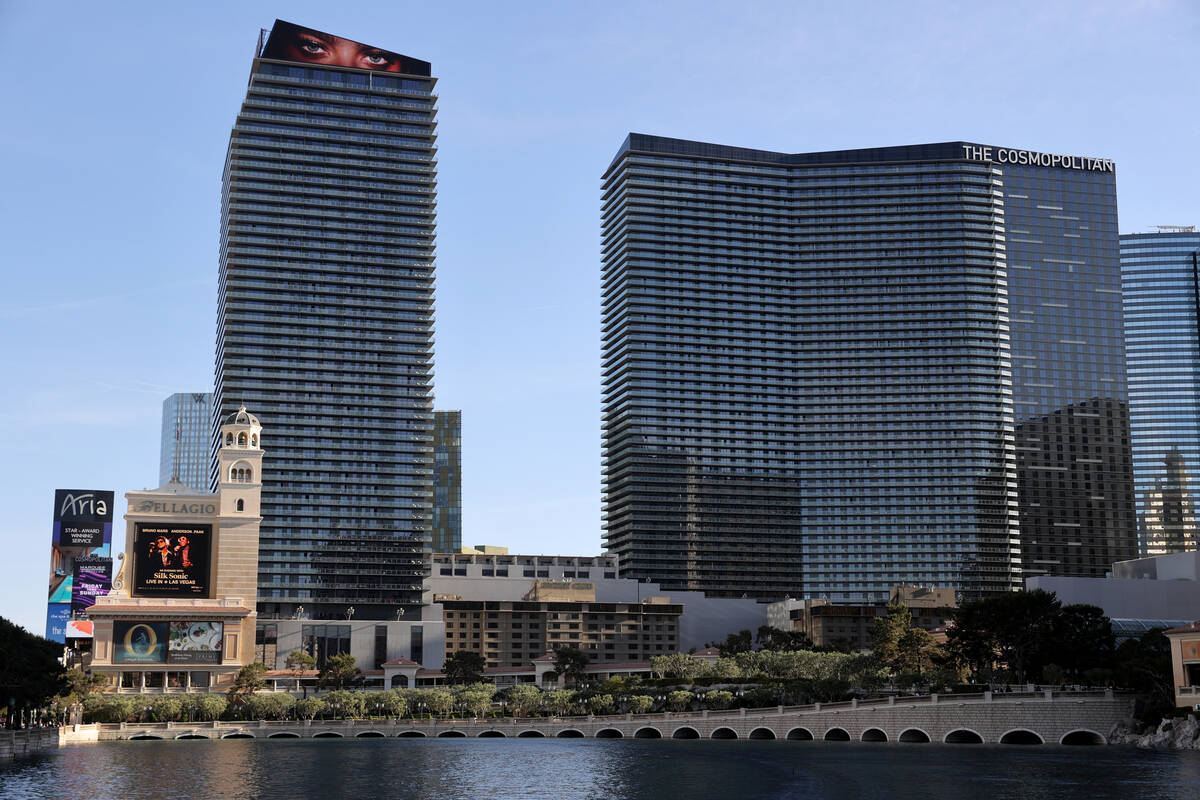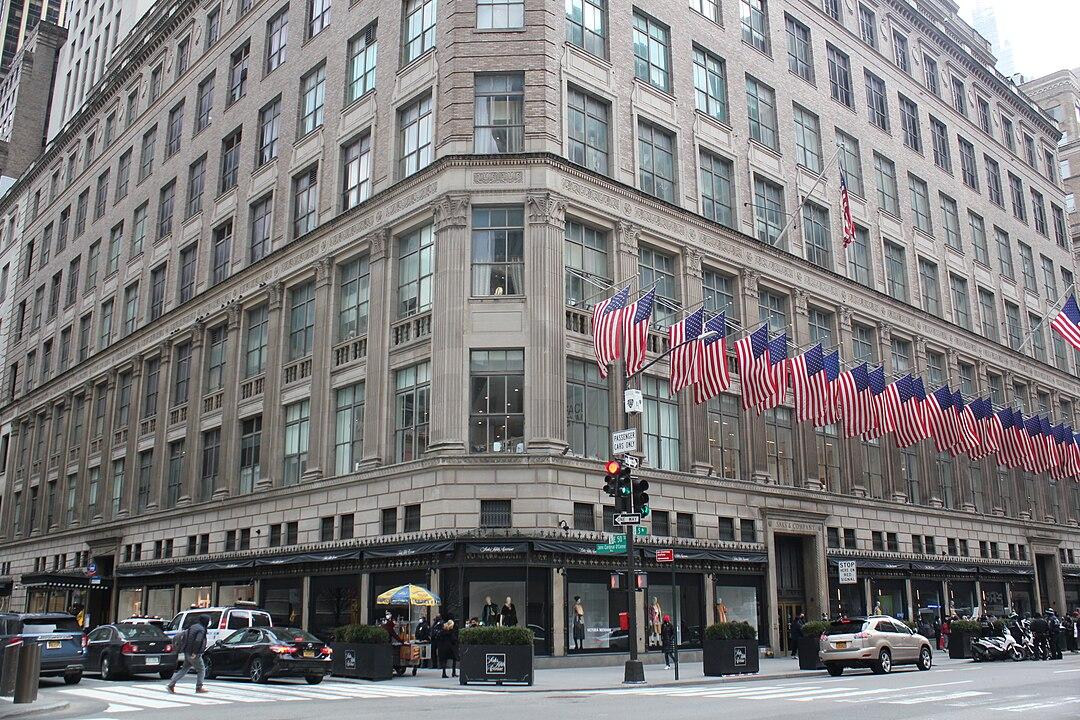Lawmakers want to study new locations for casinos. (Photo by Spencer Platt/Getty Images)
If Indiana were to start from scratch and legalize casino gambling today, we obviously wouldn’t leave out the state’s two largest population centers.
That’s why I am intrigued by a bill that would study casino reorganization — from the transfer of an existing, underperforming license to potentially adding a new license.
Senate Bill 43 was the result of a failed attempt to move the Rising Star casino in southern Indiana to New Haven, just outside of Fort Wayne. The intense opposition stopped that idea, but led to the next one.
The legislation requires the Indiana Gaming Commission to contract out for a study to identify two regions where a license could locate, which could add a 14th license to the mix.
Honestly, I think the state needs a much broader study looking at gambling overall.
Since Indiana legalized the lottery in 1988, lawmakers have approved virtually every other gambling option you can think about. Riverboat casinos (which have since moved onto land); racinos (which started out as slots at the horse tracks and now are full-fledged casinos); sports betting; charitable gambling; and low-stakes gambling at bars.
All of these are cannibalizing each other at some point. Not to mention the interactive online gambling that casinos and the Hoosier Lottery are seeking. That bill also stalled this session.
Sen. Liz Brown, R-Fort Wayne, called the study “incredibly shortsighted” in an opposing speech from the Senate floor last month.
“If we are really going to look at this, instead of doing this piecemeal, then let’s really look at our gambling revenues,” Brown said. “… If we care, then we should have an honest look at our gaming revenue that we’re seeing. Whether it’s horse tracks, whether it’s the sports betting or whether it’s the on-the-ground casinos.”
“It’s a Jenga game. They all need to be looked at in a fix,” Brown added.
But alas, we will stick with the current discussion.
I understand that when gambling started in Indiana, lawmakers chose to put facilities near state lines to attract gamblers hailing from other states in which it wasn’t legal. But it’s a different world now.
It makes no sense that the Indianapolis and Fort Wayne areas don’t have casinos — if, indeed, the goal is to maximize tax revenue to the state.
An amendment made to Senate Bill 43 acknowledged this, by narrowing the study from three regions to two.
Sen. Aaron Freeman, R-Indianapolis, said any “serious conversation” about a license needed to include his hometown, adding that the southeastern casino was “dying.”
“If the purpose of gaming is revenue, why there is not a casino in downtown Indianapolis defies my understanding,” Freeman said. “Because it would support all of our tourism, all of our big games, all our industry. Everything in Indianapolis — it would support it.”
Some Indiana gambling operators have said this is destabilizing. And, of course, if you move a license to Indianapolis, it will impact the number of people from central Indiana willing to drive to the racinos in Shelbyville or Anderson. Same for Fort Wayne.
But I think lawmakers need to look at the overall health of the industry and taxes brought to the state, rather than individual operators. According to annual reports by the Indiana Gaming Commission, gaming and sports wagering operations brought in $691 million in taxes in fiscal year 2022. That dropped down to $655 million in fiscal year 2024.
Maybe the answer is fewer licenses overall, but placed for maximum impact. Maybe a study would find we need to go all in on more expansions. Or maybe we are right where we need to be. We need to think bigger, and consider what’s best for all of Indiana.
SUBSCRIBE: GET THE MORNING HEADLINES DELIVERED TO YOUR INBOX





